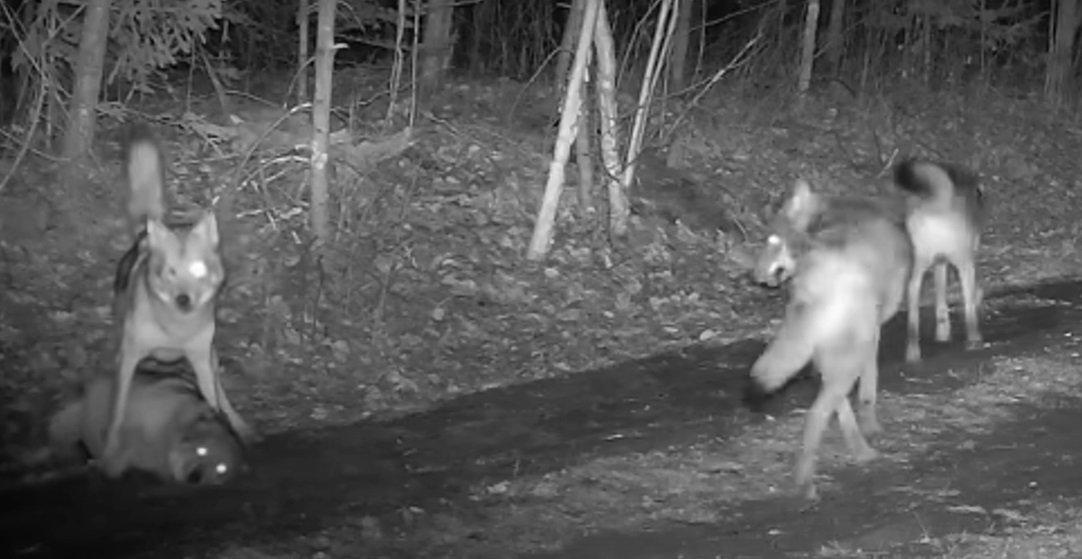Alliance Files Brief; California Unveils Management Plan

On Dec. 8, the Sportsmen's Alliance Foundation and its partners filed a brief with the U.S. Court of Appeals in the Western Great Lakes wolf lawsuit. The case, brought by the Humane Society of the United States and other anti-hunting factions, seeks to reinstate Endangered Species Act protection for timber wolves in Michigan, Minnesota and Wisconsin. The Alliance and other groups, however, want to see wolves delisted and returned to state management.
The science is settled, and the experts agree wolves are recovered, period, Evan Heusinkveld, head of government affairs, and interim president and CEO of Sportsmen's Alliance, said in a press release. We should be celebrating this as a great victory of the Endangered Species Act, but instead we're forced to spend hundreds of thousands of dollars fighting anti-hunting interests in court just to ensure the ESA is applied correctly.
The group said gray wolf numbers in the Great Lakes have far surpassed delisting requirements written when the animals were labeled endangered in the 1970s. However, in late 2014, a U.S. District Court judge returned wolves to the endangered species list, saying wolves must be recovered in their entire historic Great Lakes range before they can be considered recovered.
It was never the intent to have wolves returned to places like New York, Chicago or Seattle, Heusinkveld said in the release. This ruling not only contained both legal and factual errors that could spell disaster for the future of the Endangered Species Act, but if allowed to stand, wildlife management efforts — specifically endangered species recovery — will be greatly impacted.
Meanwhile, California recently released its long-awaited draft conservation plan for gray wolves. In August, the state confirmed its first established wolf pack in almost 100 years.
The state Department of Fish and Wildlife said it does not plan to introduce wolves but will not stop them from naturally entering from other states and establishing packs, according to a report in Western Livestock Journal. The draft emphasizes nonlethal methods — including flags, guard dogs, range riders and hazing via motion-detection spotlights — to address wolf conflicts with livestock.
The plan's first phase calls for placing radio collars on wolves, but it's not a priority, the article said. Data from collars could help provide timely reports of wolf locations so ranchers could increase efforts to protect livestock.
CDFW will accept public comments on the plan until Feb. 15 and will also hold three public outreach sessions to receive feedback before finalizing the plan.






